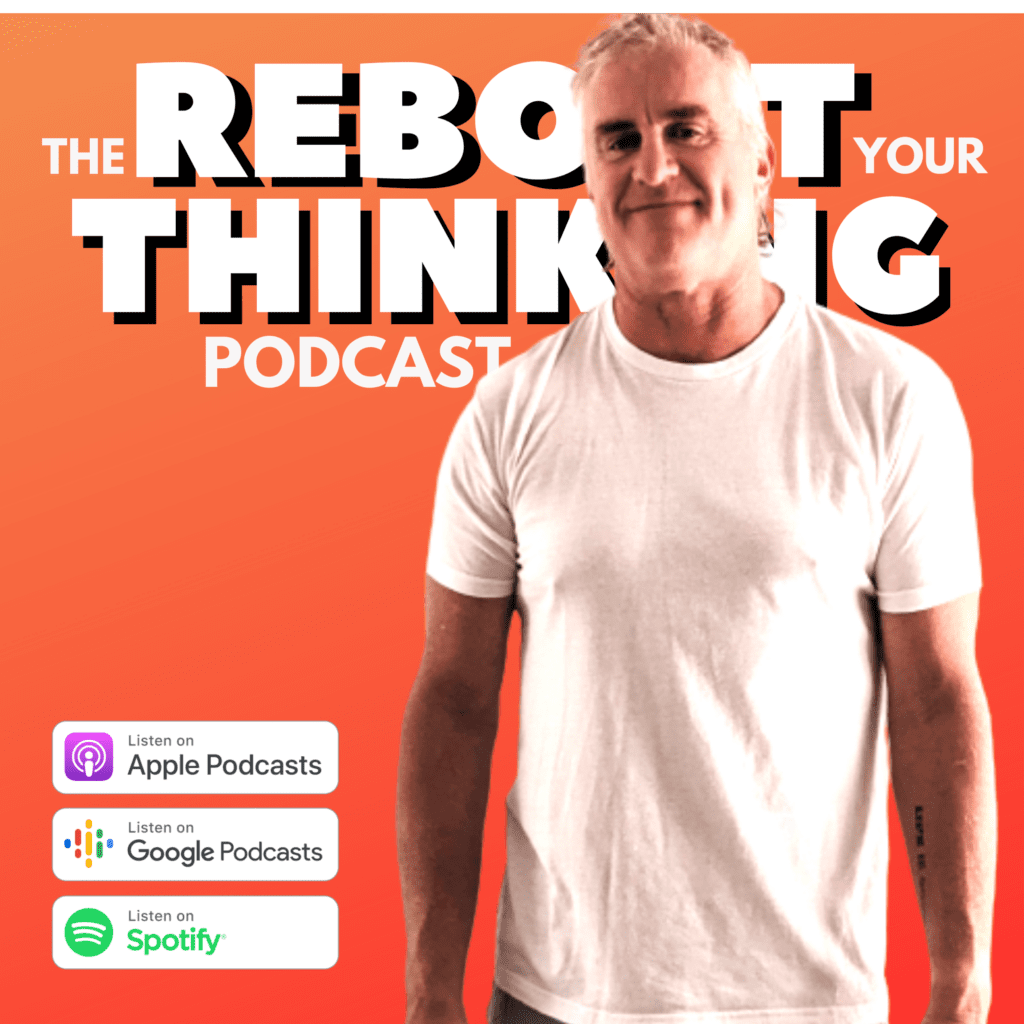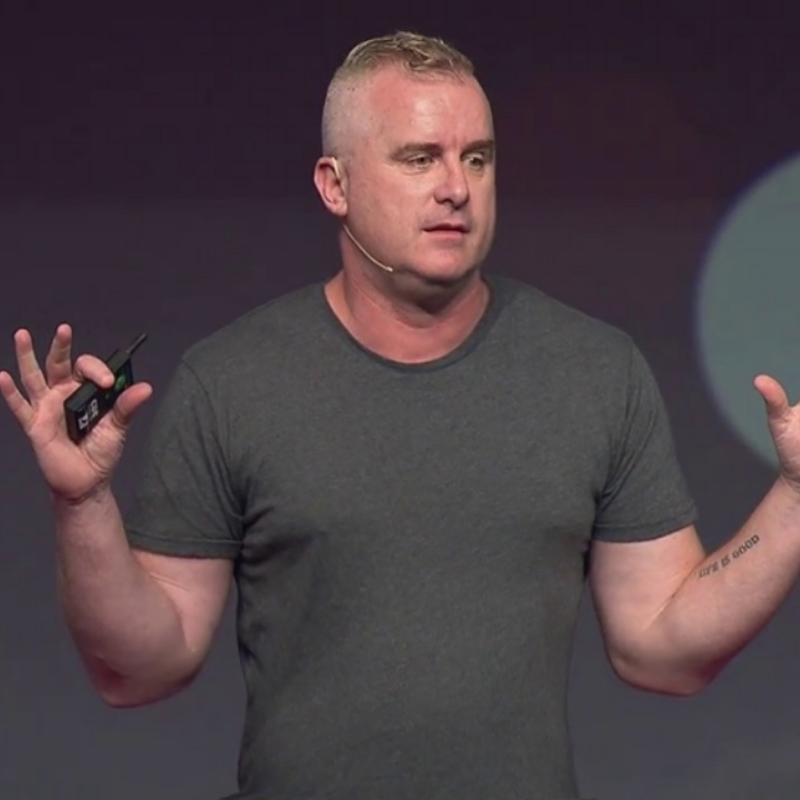As a therapist, one of the most important skills I help my clients develop is emotional intelligence.
Emotional intelligence refers to the ability to understand and manage one’s own emotions, as well as the emotions of others. It is a crucial aspect of mental and emotional health, and can have a significant impact on your overall wellbeing.
In this blog post, I will provide a guide to emotional intelligence, including tips for understanding and managing your emotions.
What is Emotional Intelligence?
Emotional intelligence, also known as emotional quotient (EQ), refers to the ability to understand and manage one’s own emotions, as well as the emotions of others.
It involves being aware of your emotions, understanding why you feel the way you do, and being able to manage your emotions in a healthy way.
There are four components of emotional intelligence:
1. Self-awareness
This involves being able to recognise and understand your own emotions, including how they are triggered and how they impact your thoughts and behaviours.
2. Self-management
This involves being able to manage your emotions in a healthy way, such as by regulating your emotions, managing stress, and staying motivated.
3. Social awareness
This involves being able to understand the emotions of others, including their body language, facial expressions, and tone of voice.
4. Relationship management
This involves being able to manage relationships in a healthy way, such as by communicating effectively, resolving conflicts, and building strong connections.
Why is Emotional Intelligence Important?
Emotional intelligence is important for several reasons.
First, it can help you to manage stress and anxiety.
When you are able to understand and manage your emotions, you are less likely to feel overwhelmed by stress and anxiety.
Second, emotional intelligence can improve your relationships.
When you are able to understand the emotions of others, you are better able to communicate effectively and build strong connections with others.
Finally, emotional intelligence can improve your overall wellbeing.
When you are able to manage your emotions in a healthy way, you are more likely to feel a sense of balance and fulfilment in your life.
Tips for Understanding and Managing Your Emotions
Practice self-awareness
Start by paying attention to your emotions.
Notice how you feel in different situations, and try to identify the triggers that cause certain emotions.
Once you have a better understanding of your emotions, you can start to manage them in a healthy way.
Practice self-management
Once you are aware of your emotions, you can start to manage them in a healthy way.
This might involve techniques such as deep breathing, meditation, or physical exercise.
It might also involve learning to reframe negative thoughts and focus on positive ones.
Practice social awareness
Pay attention to the emotions of others.
Notice their body language, facial expressions, and tone of voice.
Try to put yourself in their shoes and understand how they might be feeling.
This will help you to communicate effectively and build stronger relationships.
Practice relationship management
Learn to communicate effectively, resolve conflicts, and build strong connections with others.
This might involve learning to listen actively, speaking assertively, and practicing empathy.
Conclusion
Emotional intelligence is a crucial aspect of mental and emotional health.
By developing your emotional intelligence, you can improve your relationships, manage stress and anxiety, and improve your overall wellbeing.
Start by practicing self-awareness, self-management, social awareness, and relationship management, and you will be on your way to developing greater emotional intelligence.
Remember, emotional intelligence is a skill that can be developed with practice, so keep working at it and you will see the benefits in your life.














